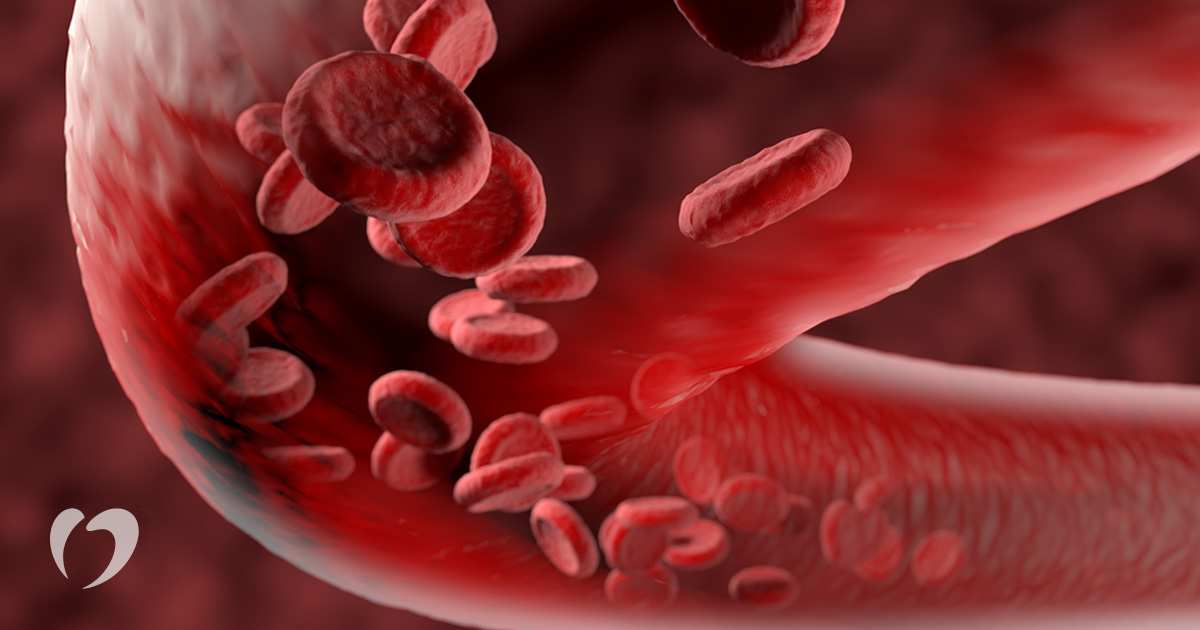What patients need to know about blood thinners

Blood thinners, or anticoagulants, can be a lifesaving medication for many people. They prevent blood from getting too thick and prevent clots from forming, which can reduce the risk of stroke or heart attack. They can also help slow the growth of any existing clots.
There are many types of prescription blood thinners—some that have been available for decades and some that are newer medications. A variety of factors can impact which blood thinner should be used, and your Oklahoma Heart Hospital physician will prescribe the best option for your specific needs. Some options for blood thinners include warfarin (known by the brand names Coumadin or Jantoven), Lovenox, Heparin, Pradaxa, Eliquis, and Xarelto.
Who needs blood thinners?
Blood thinners are prescribed for people who have an increased risk of heart attack or stroke due to an irregular heart rhythm, heart or blood vessel disease, deep vein thrombosis (DVT), or prior heart attack or stroke. The use of blood thinners can help reduce the risk of heart attack or stroke in these patients. Some patients take blood thinners only for a short time, while other patients may take a blood thinner daily for many years.
How do they determine the dosage of my blood thinner?
It may take some time to determine the ideal dose of blood thinner for your specific needs. Your doctor will work closely with you to monitor your dosage and may order blood work to check certain levels and determine how well the medication is working.
Tell your doctor about any over-the-counter medications, herbal supplements, vitamins, prescription medications, or anything else you are taking, whether you take it daily or only sometimes. Many of these substances can impact how well a blood thinner will work.
Your diet is also important when taking blood thinners, as some naturally occurring vitamins and minerals in foods can impact how well your blood thinners work. Talk to your doctor about any foods you should avoid or eat consistently while taking the medication.
It’s important to take your blood thinners exactly as directed by your doctor on the medication label. If you have any questions about the instructions, contact your doctor or pharmacist to discuss. Taking too little of the medication can mean the medication won’t work as well, and taking too much can increase your bleeding risk.
What’s my bleeding risk with blood thinners?
Because blood thinners work to prevent blood clots from forming in the body, there is an increased risk of both external and internal bleeding when taking any of these medications. When taking blood thinners, you may bleed more from even a simple injury, such as a paper cut or minor bruise.
Your doctor may tell you to avoid contact sports when taking a blood thinner, and you should use extra caution to avoid injury when using knives, scissors, or garden tools. If you experience an injury that could lead to internal bleeding, such as a fall or even minor car accident, seek medical attention immediately to check for internal bleeding.
Be sure to tell all other medical providers that you are taking a blood thinner before any procedure, including dental work or surgery. Some patients may be instructed to stop taking their blood thinner a certain number of days prior to a medical procedure, while other patients will be advised to delay a procedure until they are no longer taking a blood thinner. As always, consult with your Oklahoma Heart Hospital physician if you have any questions about your medication and whether or not you should stop taking it prior to a medical procedure.
